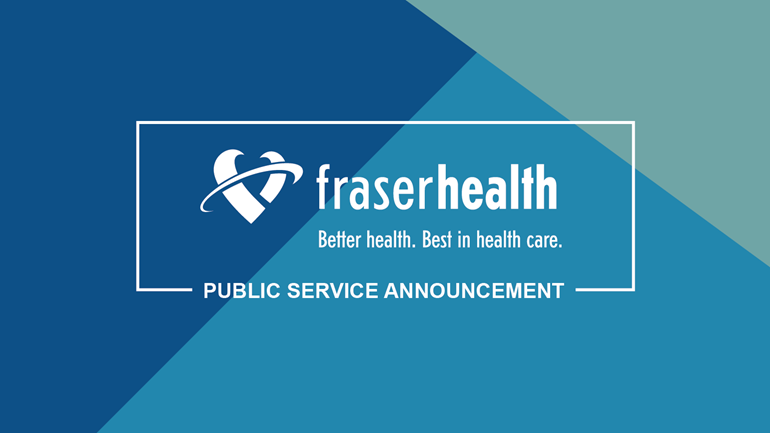
Fraser Health is warning the public about risks associated with Ayurvedic medicines and opium products that may be contaminated with heavy metals, such as lead, mercury, arsenic and other toxins following two recent cases of lead poisoning likely associated with consuming Ayurvedic medicines or opium-containing products.
Read this PSA in Hindi and Punjabi.
Ayurveda emphasizes good health and prevention and treatment of illness through lifestyle practices (such as massage, meditation, yoga and dietary changes) and the use of herbal remedies. Ayurvedic herbal medicines, like conventional medicines, may cause side effects, trigger allergic reactions, or interact with other medicines or herbs you are taking. Some Ayurvedic medicines may contain high levels of heavy metals, which may be harmful to your body.
These opium-containing products are commonly used by some South Asian populations and are prepared directly from the poppy plant (called doda and afeem). Doda is a powder and usually dissolved in liquid and consumed orally.
Fraser Health and the BC Centre for Disease Control collaboratively investigate cases of elevated blood lead levels to determine possible sources of lead poisoning. Cases of lead poisoning are rare and there are actions you can take to reduce your risk. If you are consuming opium-containing products prepared directly from the poppy plant (including doda and afeem) or other Ayurvedic products, it can be very difficult to tell if products may be contaminated with lead by looking at them. If the product has a label, look for a Natural Product Number (NPN) to find out whether the product is registered with Health Canada. If you are using a product without an NPN, or using doda or afeem, you can talk to your health care provider about other options. Choosing products that are registered with Health Canada under the Natural Health Product Regulation reduces risks because it provides oversight of quality, traceability and recommended use.
If you or someone you know are using these products, it is recommended to monitor for symptoms of lead poisoning. Symptoms of lead poisoning may be hard to differentiate from other health problems:
- Mild symptoms include fatigue, irritability, headache, muscle pain, abdominal discomfort or pain, constipation, vomiting and tremor.
- Severe symptoms include severe abdominal pain, seizure, reduced consciousness, numbness and very weak muscles.
- Long-term use of products containing high levels of lead can lead to chronic exposure.
More information on lead exposure can be found at Lead Poisoning | HealthLink BC.
If you experience any symptoms of lead poisoning or other unexpected side effects, seek medical attention, and call the BC Drug and Poison Information Centre at 604-682-5050 or 1-800-567-8911. Your health care provider will assess whether you need blood lead testing. Do not throw out the product. Store it in a secure place in case Public Health needs to submit it for testing.
Like all opioids, using opium products can put you at risk for opioid overdose. Care should be taken to prevent overdoses. Use with others and get a naloxone kit – find naloxone kits here: https://towardtheheart.com/site-finder.
Detailed information on lead exposure can be found here: http://www.bccdc.ca/resource-gallery/Documents/Guidelines%20and%20Forms/Guidelines%20and%20Manuals/Health-Environment/Lead%20Exposure%20%20Information%20Resource.pdf.
About Fraser Health:
We recognize that Fraser Health provides care on the traditional, ancestral and unceded lands of the Coast Salish and Nlaka’pamux Nations and is home to 32 First Nations within the Fraser Salish region.
Fraser Health is dedicated to serving all Indigenous people, and honours the unique cultures of the First Nations, Métis and Inuit living within the Fraser Salish region.
Our hospital and community-based services are delivered by a team of 48,000+ staff, medical staff and volunteers dedicated to serving our patients, families and communities.
